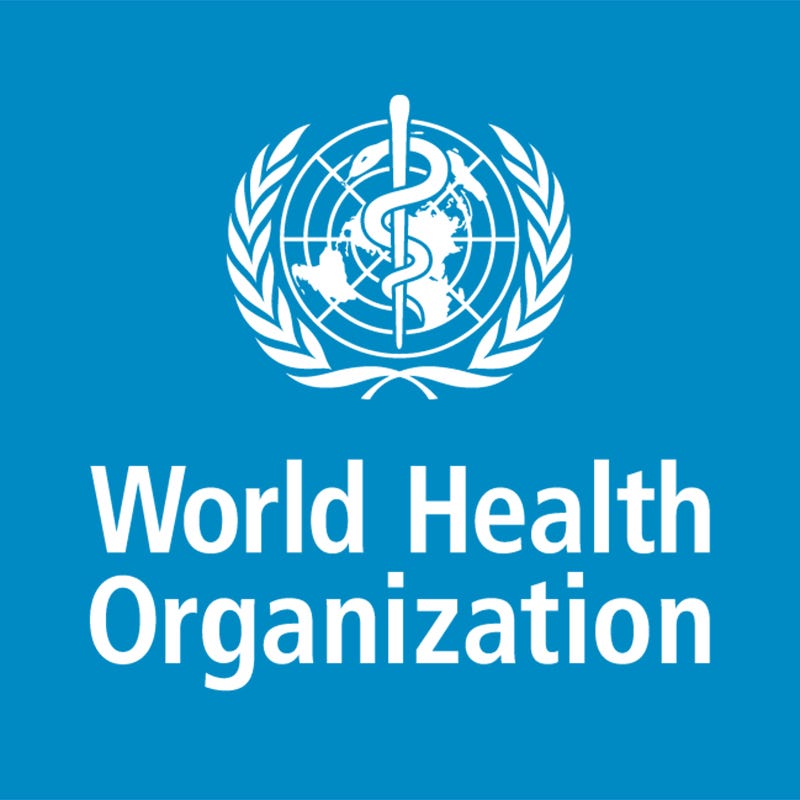Action
Read the Social Justice Statement 2020-21 To Live Life to the Full: Mental health in Australia today
Access the Do Not be Afraid website for guidelines and resources to assist parishes in welcoming and supporting people with mental ill-health and their families.
Find out about mental health services in your area.
To Live Life to the Full: Mental health in Australia today
The COVID-19 pandemic is impacting the mental health of many members of our parishes, schools and communities. In fact, most of us will experience a mental health problem at some point over the course of our lives. Understanding mental health will help us to be aware of those who need our support. Our parishes, organisations and communities can be places of acceptance care and healing, not places of rejection, judgment or stigma.
In the Social Justice Statement To Live Life to the Full: Mental health in Australia today, the Bishops welcome the deinstitutionalisation of mental health care in Australia. However, without adequately funded community mental health services, there is a gap in the system through which people continue to fall. Social determinants including poverty, living conditions, and personal security are significant contributors to mental ill-health. The Statement highlights the experience of First Nations people and communities, asylum seekers and refugees, people who are homeless and those who are in prison.
The Bishops observe that “our society tends to draw away from, or to push away, those who confront us with our frailties and limitations” which is “completely at odds with the story of Jesus” who “takes on the frailty of the human condition” and ”draws near to those who are sick or who have disabilities, those who are marginalized or despised”. People living with mental ill-health are part of the Body of Christ – ‘us’ and not ‘them’ – and share equally in Jesus’ promise of the fullness of life (Jn 10:10).
The Bishops invite us all to reject stigmatisation, to work for the transformation of social determinants of mental ill-health, and to call for policies and service provision that meets the needs of the poorest and most marginalised members of our community.









